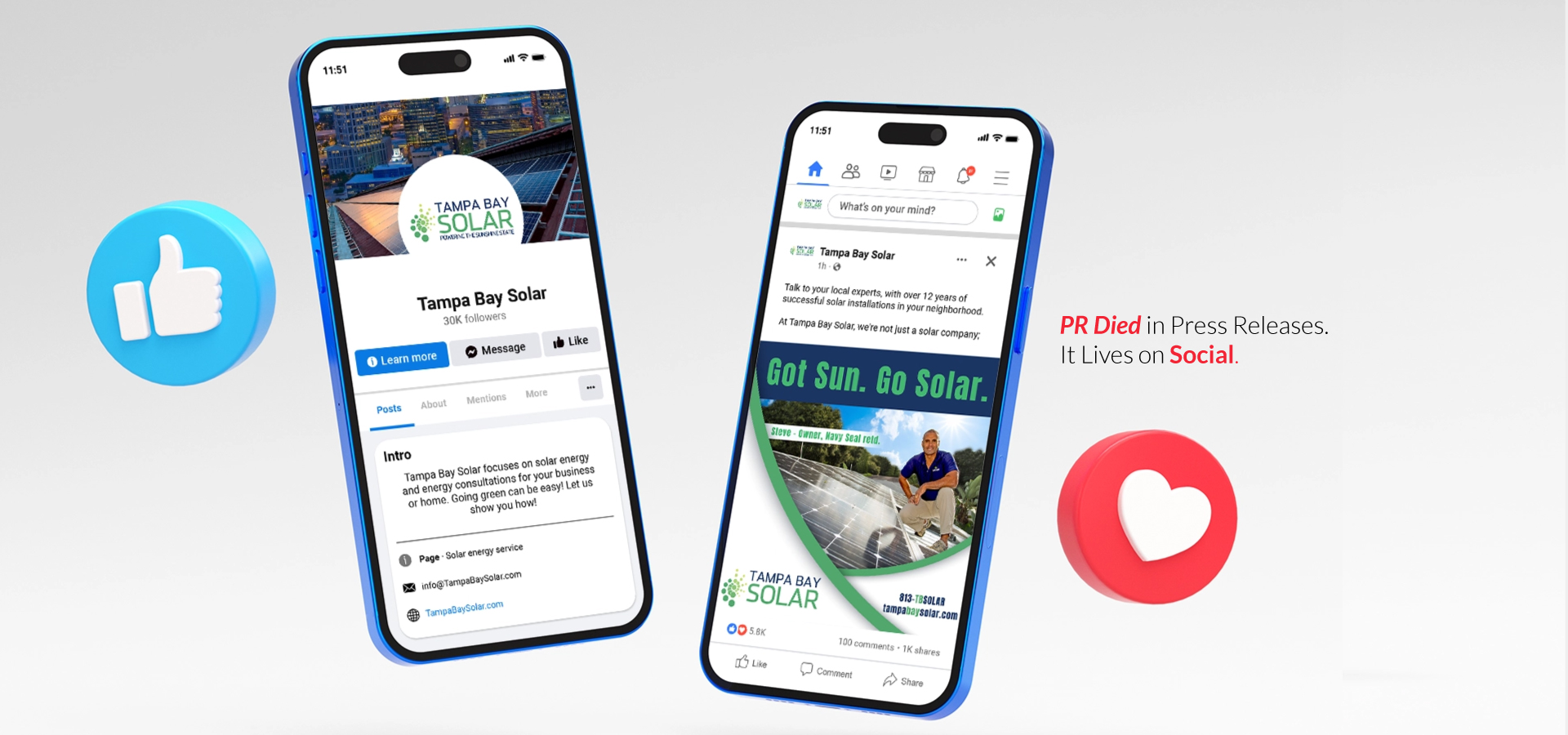Many marketers have been discussing LLM SEO. Some say traditional SEO is dead, while others think AI will replace all content. The truth is much simpler.
Search is changing, and tools like ChatGPT now have millions of users every month, 67.7 million in the U.S. alone. Businesses can’t afford to ignore this new traffic source.
But SEO is not gone. The same basics that work on Google and Bing still matter the most. You need to adjust them a little for AI platforms, and that’s what LLM SEO is about.
What is LLM SEO?
LLM SEO refers to the optimization for Large Language Models. It’s about making your content easy for AI tools like ChatGPT, Claude, or Perplexity to read, understand, and mention in their answers.
Just like traditional SEO, the goal is visibility. On Google or YouTube, you want content to appear in searches. With AI search, the goal remains the same: to find and recommend content when people ask questions.
Be careful of “AI SEO tools” that promise fast results. Most AI platforms fail to meet this need because they lack essential features, such as webmaster dashboards and keyword reports. Instead, stick to proven SEO strategies. Here are seven simple ways to improve your AI search rankings
1. Connect to Bing Webmaster Tools
This step is decisive because many AI platforms, including ChatGPT, use Bing’s search index for real-time data. If your site ranks on Bing, it’s more likely to appear in AI answers.
Getting started is easy:
- Sign up for Bing Webmaster Tools (free).
- Verify your website.
- Submit your sitemap.
- Track indexing and performance reports.
These tools help you understand how Bing sees your site and improve your chances of visibility in AI search results.
2. Use Schema Markup Everywhere
Schema markup, also known as structured data, is a way of labeling your content so both search engines and AI can understand it better.
For example, adding JSON-LD schema to blog posts, product pages, and FAQs tells AI models:
- What type of page is it?
- Who wrote it?
- How the information should be categorized.
Schema Markup for AI Search: Adding schema helps AI read and cite your content. Use Article, FAQ, Product, or Organization schema as needed, and test it with Google’s schema tools before publishing.
3. Nail the Traditional SEO Basics
Strong SEO is still your foundation. If you rank high on Google or Bing, you’re more likely to show up in AI results too. The formula is simple: cover topics in detail, use clear headings, keep your site fast, and write content that genuinely helps people. Both search engines and AI know the difference between real value and empty keyword stuffing.
4. Answer Questions in Natural Language
AI search works like a conversation, with users asking full questions. To optimize:
- Use tools like Google Autocomplete and “People Also Ask” to find real queries.
- Write in a natural, conversational style.
- Give clear, direct answers to match user intent.
This makes your content easier for AI models to understand and cite.
5. Keep Content Fresh
AI systems prioritize up-to-date information. Outdated content often gets ignored. To stay relevant:
- Use statistics, examples, and links.
- Always use information that is current and relevant.
These genuine updates signal authority and trust to both AI and search engines.
6. Build Authority Outside Your Site
AI checks more than your site; it values mentions and citations across the web to build authority.
Strategies include:
- Guest posting on respected websites.
- Participating in industry discussions.
- Sharing expert insights in communities.
Focus on genuine recognition, not paid placements. AI systems are increasingly good at telling the difference.
7. Grow Brand Searches
When people actively search for your brand name, it shows both search engines and AI platforms that you are a trusted authority.
You can increase this by:
- Building awareness through campaigns and events.
- Offering valuable free resources that encourage word-of-mouth.
- Staying engaged with your target audience on social platforms is crucial.
The more people look for you specifically, the more weight your content carries in AI search.
The Big Picture
AI SEO is heavily focused on relevance and trust. Search engines prioritize value and intent beyond mere keywords. To rank well, content must be new, clear, and valuable. At Great Impressions, we craft content that fosters trust across both human and AI platforms.





